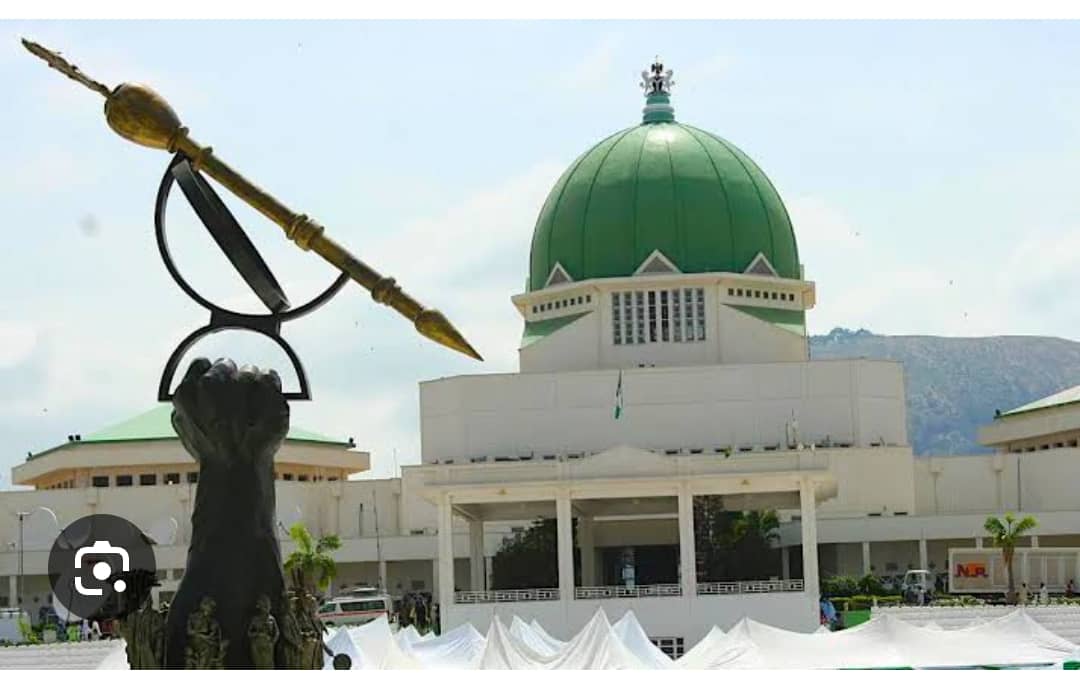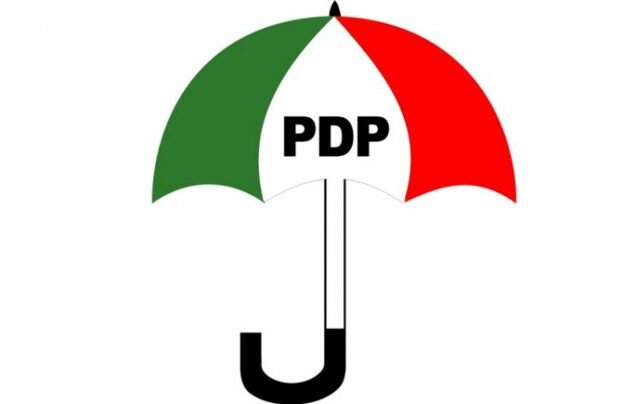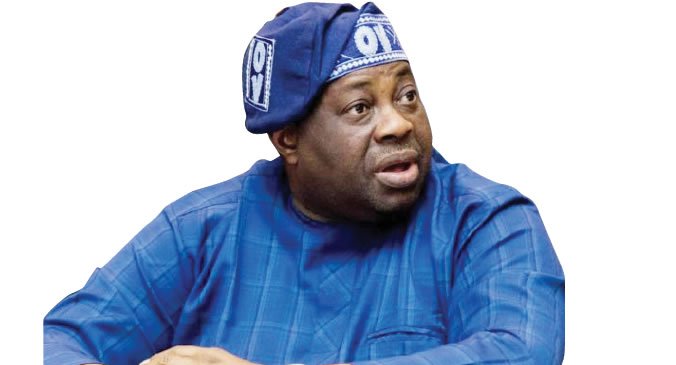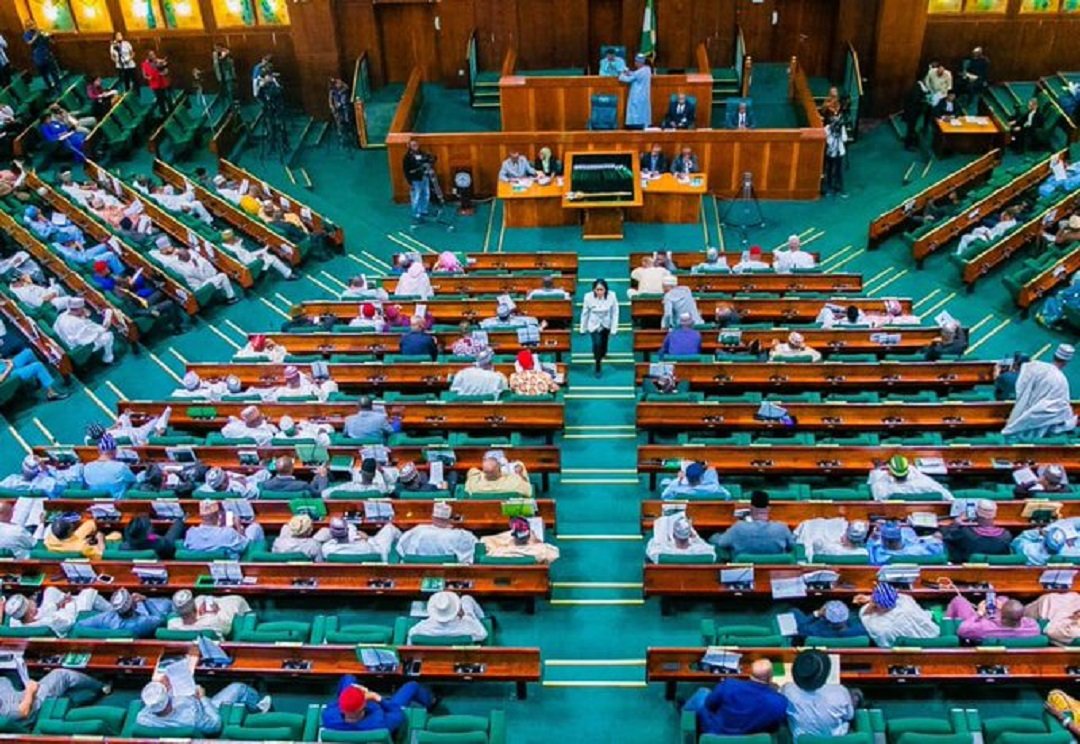In a significant political shift within the National Assembly, six members of the Peoples Democratic Party (PDP) from Delta State formally defected to the ruling All Progressives Congress (APC) on Tuesday. The move was announced during plenary by the Speaker of the House of Representatives, Tajudeen Abbas, who welcomed the new APC members to the party.
The defecting lawmakers include Reps. Nnamdi Ezechi, Jonathan Ukodiko, Nicholas Mutu, Thomas Ereyitomi, Julius Pondi, and Victor Nwokolo. In separate letters addressed to the Speaker, the legislators cited internal crises within the PDP as the central reason for their departure. Ezechi, who represents the Ndokwa East/Ndokwa West/Ukwuani Federal Constituency, emphasized his decision was also influenced by his desire to align with what he described as the “performing” APC-led state administration for the sake of developmental continuity in Delta.
This wave of defections was not limited to the PDP, as two members of the Labour Party (LP) from Enugu State also announced their exit from the party to join the PDP. Rep. Chidi Obetta, representing Nsukka/Igboeze South Federal Constituency, attributed his move to persistent internal rifts within the Labour Party. Rep. Dennis Agbo, who represents Igboeze North/Udenu Federal Constituency, echoed similar sentiments, citing divisions that had weakened the party’s unity and effectiveness.
These developments represent the latest in a series of alignments and realignments within Nigeria’s volatile political landscape, where loyalty to party platforms often shifts in response to evolving national and regional political interests. The defection of six PDP lawmakers to the APC could further bolster the ruling party’s numerical strength in the House of Representatives, potentially impacting legislative dynamics and the passage of key policies.
Meanwhile, reactions to the defections have begun to surface. A political group in Delta reportedly criticized the lawmakers’ decision to join the APC, characterizing the move as driven by personal gain rather than the interest of their constituents. Despite such criticism, the defections underscore the fluidity of Nigeria’s political affiliations, especially in the lead-up to crucial electoral cycles.







